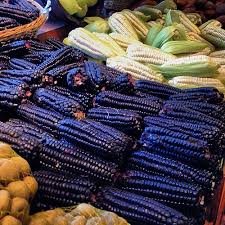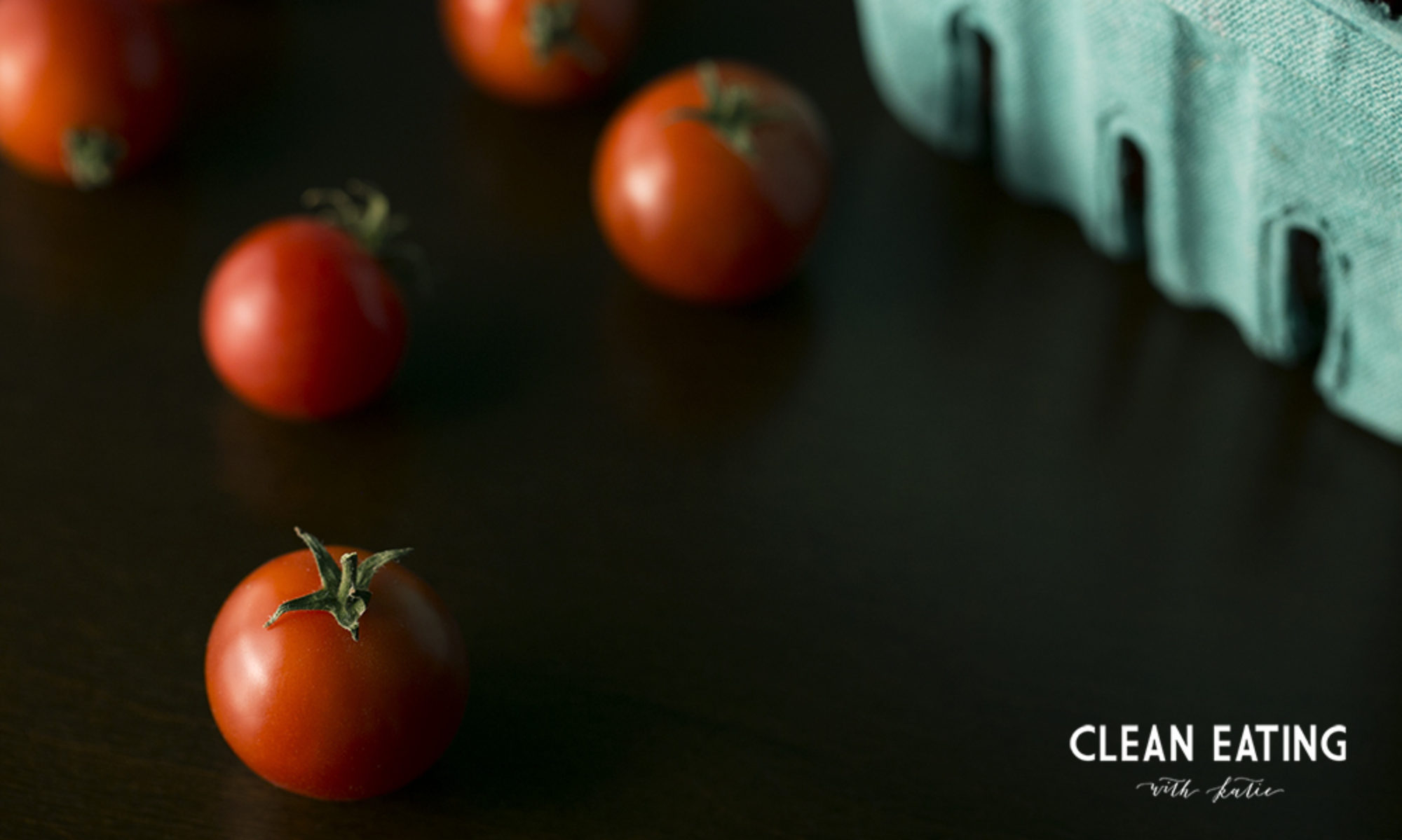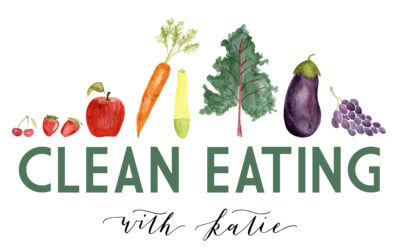This week’s new food is Corn. While I do love corn on the corn and am totally addicted corn tortilla chips, this is a contentious food for me for a couple of reasons.
- Most corn is genetically modified. I personally don’t trust GMO foods and try to avoid them as much as possible.
- Corn is in everything. Dextrose, corn syrup, HFCS, maltodextrin, corn starch, and more. Many foods that are highly processed and then added to processed foods are also highly allergenic foods. As a species survival mechanism, plant foods contain tiny amounts of toxins. Overconsumption of one type of food builds up the amount of toxins we are exposed to. So I recommend limiting corn consumption.
- Corn is one of the top 8 most allergenic foods.
- Ever seen whole corn kernels in your stool? MOST people don’t digest corn well.
- It’s not a nutrient dense food and crowds out room for more nutritious foods.
With all that said, I do occasionally eat corn, I usually opt for blue or purple corn because these heirloom varieties are less likely to be genetically modified. Jennifer Tyler Lee recommends a corn salsa or popping the corn while it’s still on the cobb. That sounds like fun! I DO love heirloom popcorn made on the stove with ghee and then topped with real butter. It’s my vice.
Food Facts:
 Corn is native to Central America.
Corn is native to Central America.- Corn is high in vitamins A, B5, B6, C, folate, thiamine, niacin, magnesium, phosphorous, potassium, manganese, riboflavin, and zinc.
- Good source of carotenoids, specifically zeaxanthin and beta-cryptoxanthin, as well as phenols.
- Carotenoids can help to lower blood pressure as well as reduce risk of breast cancer for post-menopausal women.
- Modern corn has been bred to have more sugar and is lower in phytonutrients.
- Blue corn has nearly thirty times the antioxidant values of modern white corn.
- Darker yellow corn varieties have more nutrients than white corn.
- There are other varieties as well: red, orange, purple, blue, and black. These varieties are rarely found at the store but could be grown at home.
- Frozen corn is equally nutritious as fresh corn; canned corn can also be as nutritious as fresh corn.
- Corn is not a complete source of protein alone.
- Corn contains niacin, but in whole food form, it is not bio-available. Native Americans soaked their maize in lime which allowed the niacin become available for the body.
From The 52 New Foods Challenge by Jennifer Tyler Lee, Eating on the Wild Side
by Jo Robinson, Encyclopedia of Healing Foods
by Michael Murray, Joseph Pizzorno, and Lara Pizzorno, and Superfoods
by Tonia Reinhard.

